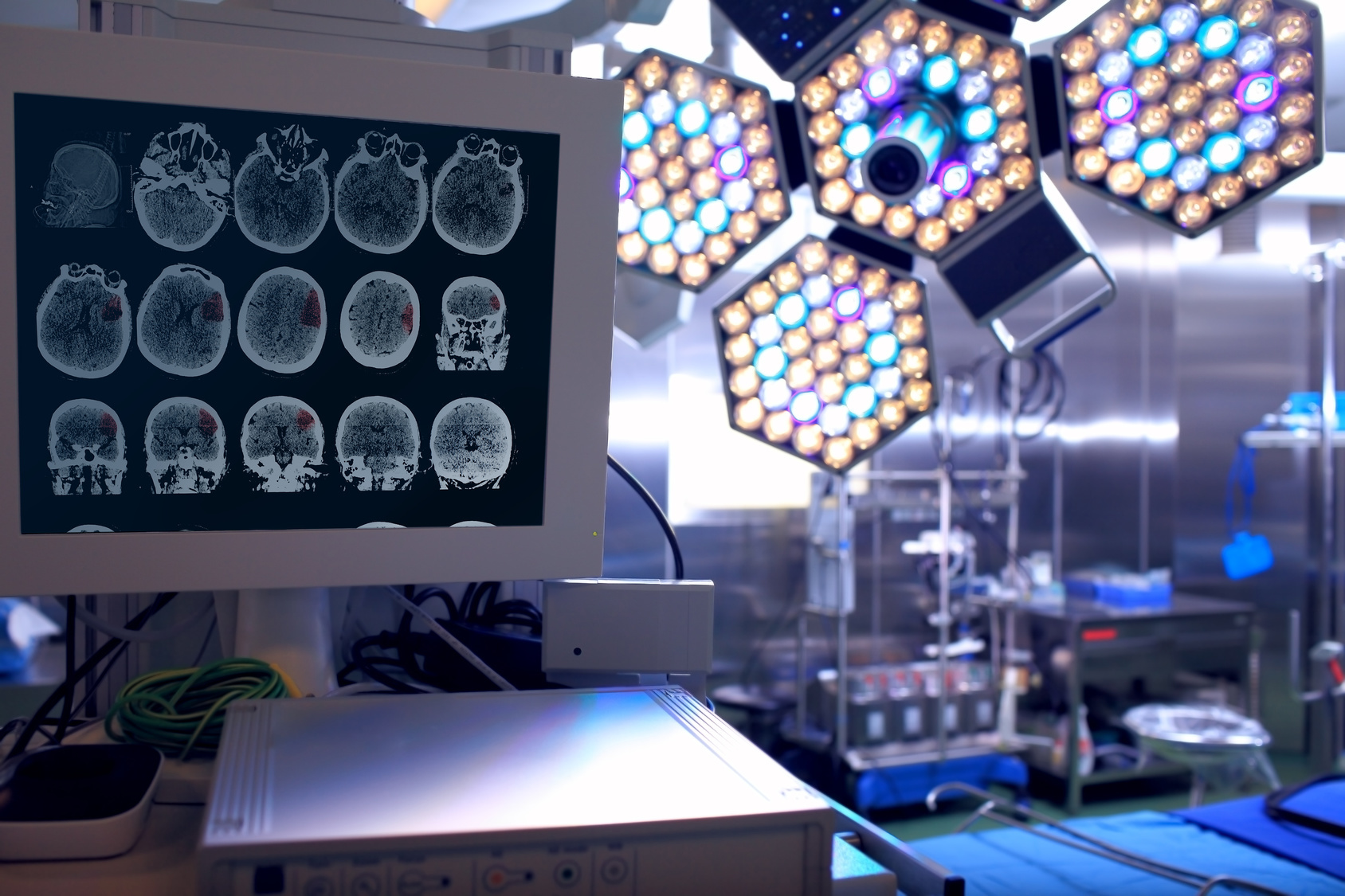Application of high precision current sensor in nuclear magnetic resonance MRI

With the continuous development of medical technology, nuclear magnetic resonance (MRI) has become an important medical imaging technology. MRI uses magnetic fields and radio waves to produce high-resolution images of the body's internal structure without the use of harmful radiation. In MRI, high-precision current sensors can be used to monitor and control the current in the magnet, thus ensuring the stability and accuracy of the MRI system. This paper will discuss the application of high precision current sensor in MRI.
I. Basic principle of MRI system
MRI is a technique that uses the phenomenon of nuclear magnetic resonance to create images. The hydrogen atoms in human tissue have spins that, when placed in a strong magnetic field, move in the direction of the field. In this state, when a radio wave of a fixed frequency is added, the spin of the hydrogen atom resonates and emits energy that is captured by the receiver and turned into an image. Different types of tissue respond differently to magnetic fields and radio waves, so different images can be obtained.
MRI system is mainly composed of magnet, gradient coil, radio frequency coil and computer. The magnet is the core component of the MRI system, which generates a strong magnetic field, causing the spin of the hydrogen atom to move in the direction of the magnetic field. The gradient coil generates a local magnetic field, which makes the spin direction of the hydrogen atoms in different positions change slightly, so that the image of different positions can be obtained. Radio-frequency coils are used to send radio waves to the sample and receive the signal emitted by the resonant hydrogen atoms. The computer processes the incoming signal to produce a high-definition image.
Ⅱ. Application of high-precision current sensor in MRI
In MRI systems, the current in the magnet is a very important parameter. The magnitude and stability of current directly affect the performance and image quality of MRI system. Therefore, in order to ensure the stability and accuracy of the MRI system, the current in the magnet needs to be monitored and controlled. High precision current sensor is used to achieve this purpose.
High-precision current sensors can measure the current in the magnet and transmit the measurement results to the control system. The control system adjusts the current in the magnet according to the measured results, thus ensuring that the current in the magnet is stable within the set value range. This can ensure the stability and accuracy of the MRI system.
The accuracy of high-precision current sensors is very high, usually up to 0.1% or more. This means that in MRI systems, the current in the magnet can be controlled very precisely and its stability and accuracy can be ensured. In addition, the response speed of high-precision current sensors is also very fast, often reaching the microsecond level. This ensures timely adjustment when the magnet current changes, thus ensuring the stability and accuracy of the MRI system.
Ⅲ, the type of high-precision current sensor
There are many types of high-precision current sensors, including Hall sensors, resistance sensors, superconducting magnet sensors, etc. Different types of MMBT5401LT1G sensors have different characteristics and application ranges.
1. Hall sensor
Hall sensor is a kind of sensor based on Hall effect. It can measure the current in the magnet and output a voltage signal. The advantages of Hall sensor are high precision, fast response speed, strong anti-interference ability and so on. The disadvantage is that the sensitivity is greatly affected by temperature and magnetic field.
2, resistance sensor
Resistance sensor is a kind of sensor based on Ohm's law. It can measure the current in the magnet and output the resistance value. The advantages of resistance sensors are high accuracy and low cost. The disadvantage is that the response speed is slow and the anti-interference ability is weak.
3. Superconducting magnet sensor
Superconducting magnet sensor is a kind of sensor based on superconducting material. It can measure the current in the magnet and output a voltage signal. Superconducting magnet sensor has the advantages of high precision, fast response speed and strong anti-interference ability. The disadvantage is that the price is high and the low temperature environment is required.
Iv. Summary
High precision current sensor plays a very important role in MRI system. It can measure the current in the magnet and ensure its stability and accuracy, thus guaranteeing the performance and image quality of the MRI system. Different types of high-precision current sensors have different characteristics and application ranges. Selecting the appropriate sensor can improve the performance and accuracy of MRI system. In the future, with the continuous development of science and technology, the performance and application range of high-precision current sensors will be further expanded and improved.
관심을 가질만한 제품
 |
474 | SWITCH PUSHBUTTON SPST-NO YELLOW | 8208 More on Order |
 |
4186 | RED LED ILLUMINATED TRIANGLE PUS | 7596 More on Order |
 |
2168 | SENSOR THRU-BEAM 508MM OPEN COL | 6102 More on Order |
 |
375 | MAGNETIC CONTACT SWITCH (DOOR SE | 6648 More on Order |
 |
464 | 12 ETAPE LIQUID LEVEL SENSOR | 7758 More on Order |
 |
4059 | BMP280 I2C OR SPI BAROMETRIC PRE | 5742 More on Order |
 |
545 | STARTER PACK EL WIRE AQUA 2.5M | 6354 More on Order |
 |
623 | PANEL ELECTROLUM EL 10X10CM AQUA | 2520 More on Order |
 |
3054 | ADDRESS LED MATRIX SPI GRN/RED | 2844 More on Order |
 |
1938 | ADDRESS LED DISCRETE SER RGB 5MM | 512 More on Order |
 |
2958 | ADDRESS LED STRIP SERIAL RGB 1M | 4248 More on Order |
 |
1080 | ADDRESS LED MATRIX I2C WHITE | 5328 More on Order |
 |
2294 | ADDRESS LED MATRIX SERIAL RGB | 6678 More on Order |
 |
1461 | ADDRESS LED STRIP SERIAL RGB 4M | 4608 More on Order |
 |
2869 | ADDRESS LED MODULE SERIAL RGBW | 8928 More on Order |
 |
2226 | ADDRESS LED MODULE SERIAL RGB | 7272 More on Order |
 |
3341 | ADDRESS LED DISCRETE SERIAL RGB | 27300 More on Order |
 |
2343 | ADDRESS LED DISCR SER RGB 10PK | 11520 More on Order |
 |
1655 | ADDRESS LED DISCR SER RGB 1=10 | 58404 More on Order |
 |
2530 | 3W RGB LED - COMMON ANODE | 4284 More on Order |
 |
3855 | ESPRUINO PIXL.JS - JAVASCRIPT MI | 4284 More on Order |
 |
4040 | DIFFUSED BLUE INDICATOR LED - 15 | 7680 More on Order |
 |
314 | LED RGB DIFFUSED 5MM ROUND T/H | 8118 More on Order |
 |
499 | RGB BACKLIGHT POSITIVE LCD | 5544 More on Order |









